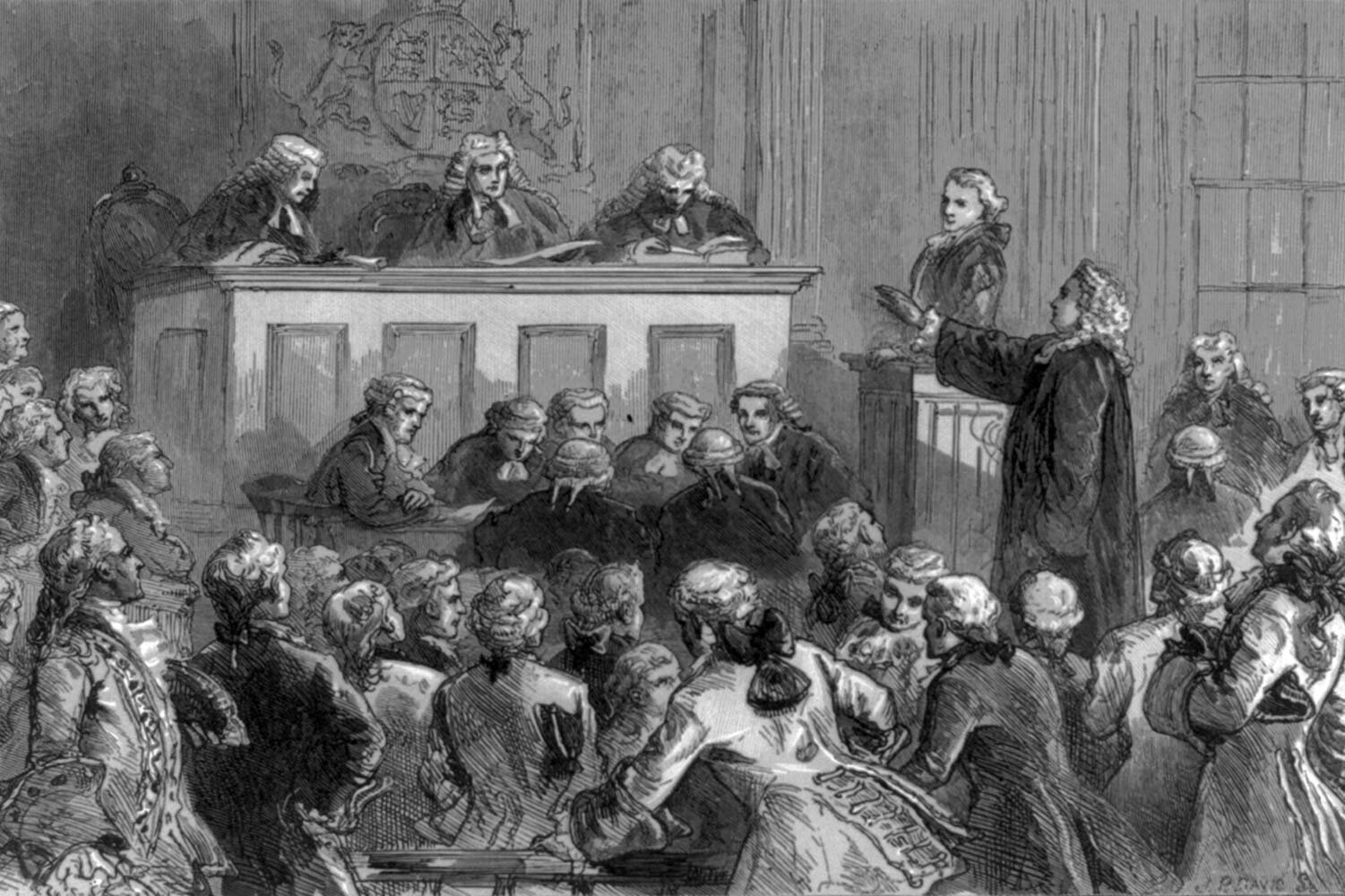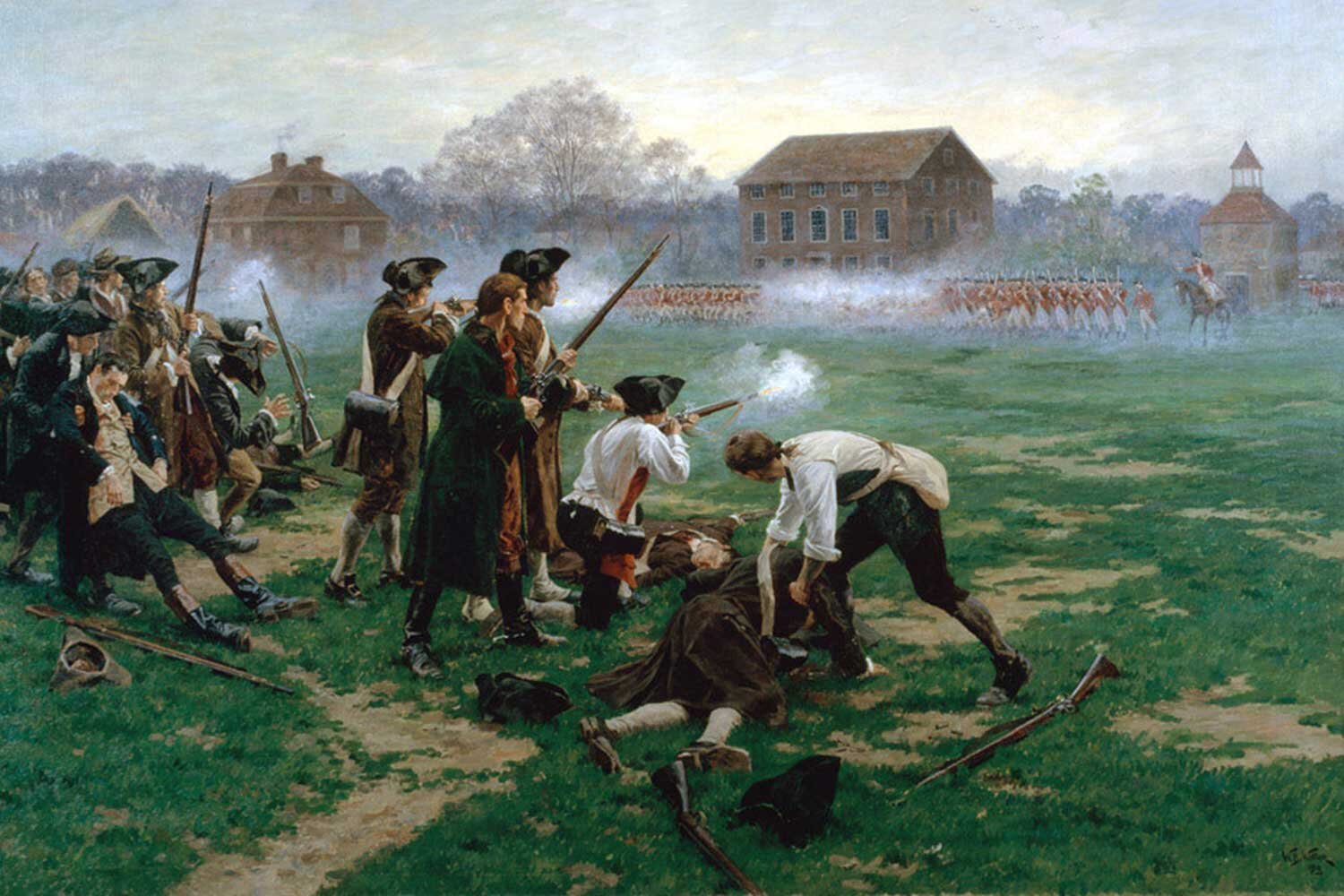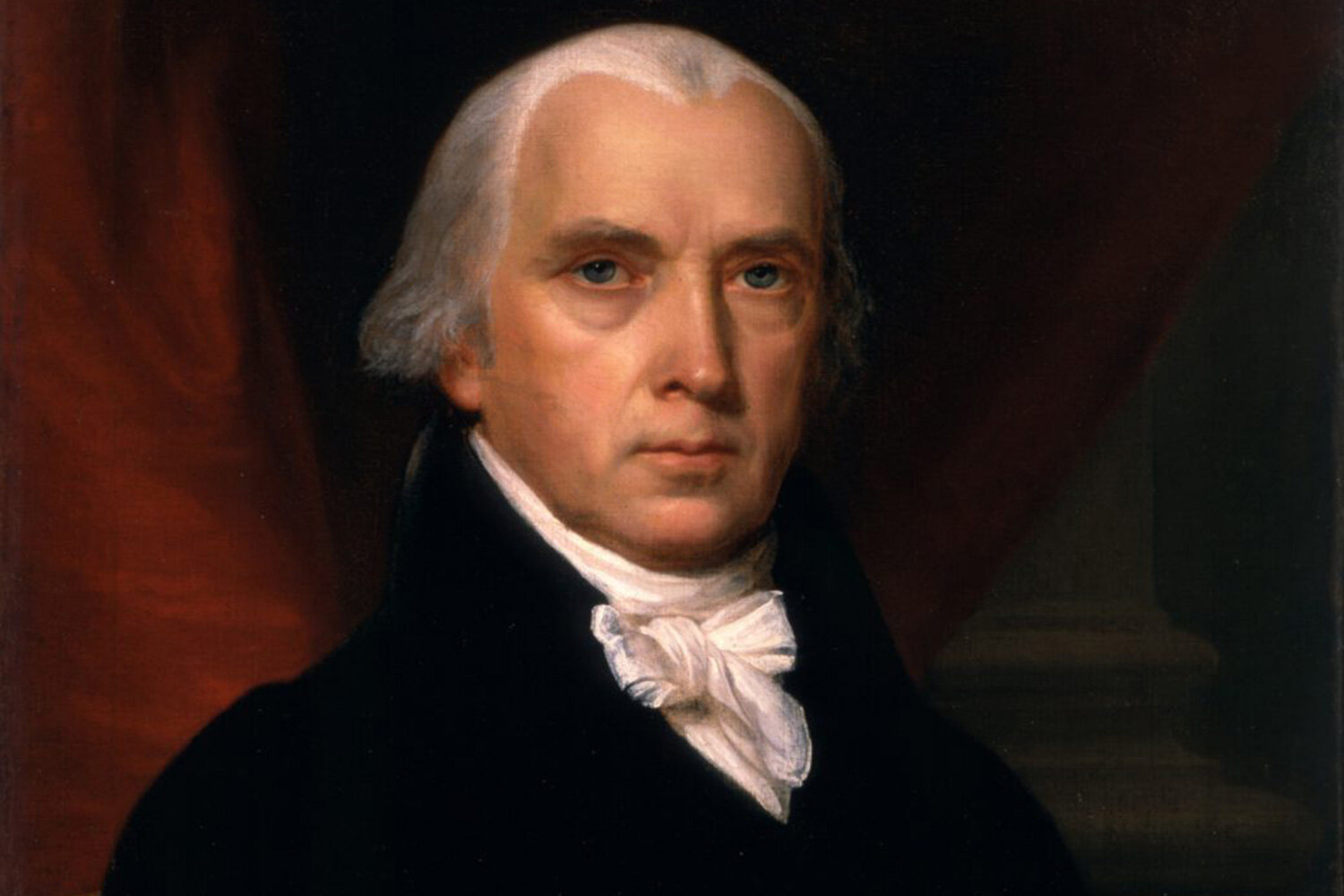A Little-Known Amendment, Important to Our Founders
The Third Amendment centered on a very important matter to our Founding Fathers, that of the people being forced to bear the costs of housing and feeding soldiers.
Tom Hand, creator and publisher of Americana Corner, discusses how the Third Amendment is an affirmation of our right to privacy in our own homes and one more hedge against an over-reaching government, and why that still matters today.
Images courtesy of Library of Congress, National Army Museum, New York Public Library, National Archives, PICRYL, Wikipedia.
The Ninth Amendment is one of the two backbone amendments of our Constitution, the Tenth being the other one. It is the amendment that reserves for the people all rights not expressly granted to the government, whether those rights are enumerated or not.
The Eighth Amendment helps make our criminal justice system more just for those accused or convicted of criminal behavior. It is comprised of three rights, each of which plays a part in protecting Americans from a harsh and overly ambitious government.
The Seventh Amendment formally established the rules governing civil trials, as opposed to criminal cases. Its main purpose was to distinguish between the responsibilities of the courts which decided the meaning of laws and those of juries which decided matters of facts as presented in a case.
The Sixth Amendment to our Constitution effectively established the procedures governing criminal courts. At its core, the Amendment ensures that those accused of crimes will get a fair trial and have every opportunity to clear their name.
The Fifth Amendment contains some of the most critical protections in the Constitution for those accused of crimes, safeguards that help keep a tyrannical government at bay. In total, it declares five separate but related rights to all citizens.
The Fourth Amendment is the fundamental basis for every American’s right to privacy. These freedoms are some of the most important granted to us by the Constitution, giving credence to the idea that “a man’s home is his castle”. As basic as these rights appears to us today, it was a relatively new concept prior to our Revolution.
This little-known amendment centered on a very important matter to our Founding Fathers, that of the people being forced against their will to house and feed soldiers and bear the costs. While this matter may seem trivial to us today, it was viewed quite differently in 1776.
The Second Amendment is corollary to one of the most basic natural rights we have, that of self-defense. However, it has recently been the subject of great controversy. Becoming familiar with the history of this doctrine is critical to understanding it.
Beyond the freedoms of religion and speech we previously discussed, there are two other equally important rights granted to the people in the First Amendment that receive less fanfare. These are the rights to peaceably assemble and to petition the government to correct a wrong.
The First Amendment clause forbidding Congress from “abridging the freedom of speech, or of the press” essentially means we can say and print what we want, to include making negative comments about the government. Prior to our Bill of Rights, this concept was unheard of.
The First Amendment is arguably the most important one in the Constitution, as it encompasses six essential rights. It covers everything from religious matters to what we can say to how we can pursue grievances against the government.
Soon after the proposed Constitution was circulated to the state legislatures for approval, it came under criticism for several supposed faults, but primarily for its lack of a bill of rights. The group opposing the new Constitution became known as “Anti-Federalists” and were led by George Mason of Virginia and Elbridge Gerry of Massachusetts.
The first ten amendments to the Constitution, better known as the Bill of Rights, are what allow us to enjoy many of the day to day blessings of our great country. Freedoms easily taken for granted are enshrined in these revisions to the original document. While the Constitution shaped our government; the Bill of Rights shaped our lives.














The Tenth Amendment is one of the true foundational amendments of our Constitution. It reserves for the states all rights not granted to the national government by the Constitution, guaranteeing a federalist type of administration.